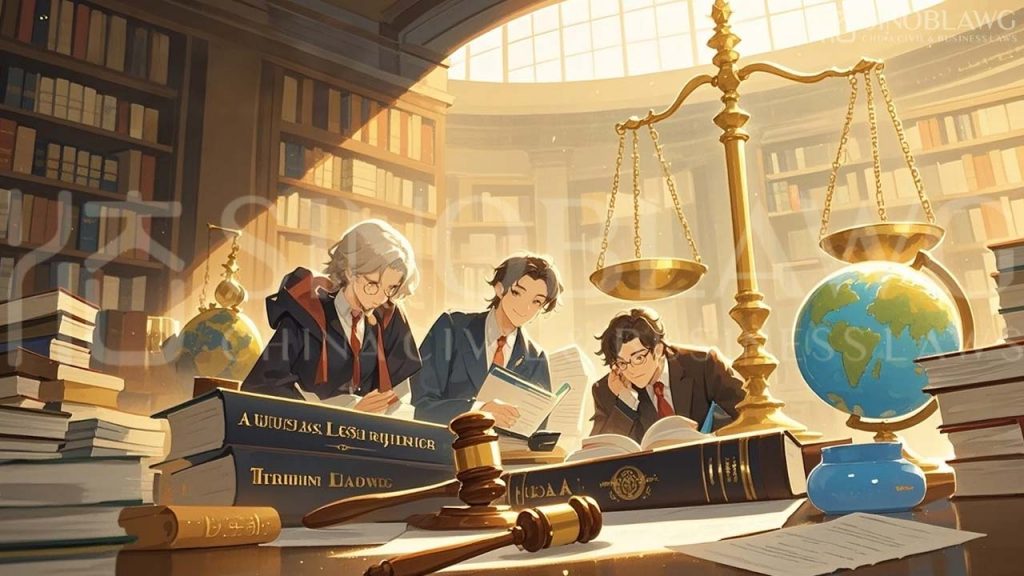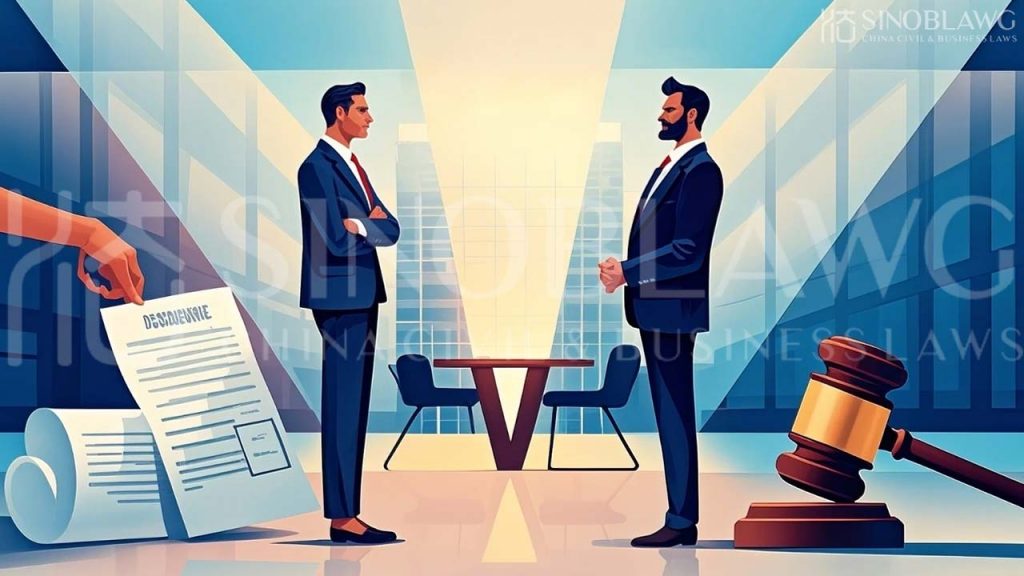Just recently concluding a four-week long training program on American legal systems designed for foreign lawyers at International Law Institute (the “ILI“), I am very pleased to have attended this program which apparently bore a lot of fruits indeed in the end.
In memory of this valuable experience, I would like to jot down some interesting points learned from this training program from a comparison law perspective.
I. American Constitution and its Roles
I put this point as the first one because I felt that this is the most impressive point about American legal system by contract against China legal system.
American constitution, which is probably the shortest and most concise constitution in the world, has been always playing an active role in shaping what USA is like today. Many historical cases have defined political, social and civil frameworks of this country.
The point that American constitution is litigated and tested from time to time requiring new interpretation of its provisions in changing social and economic conditions makes it a lot more flexible than rigid as compared to other constitutions in the world.
The current case of American president Trump’s travel ban on six muslim countries triggered the application of the so-called Establishment Clause of American constitution and serve a good example to showcase the fundamental role and function of its constitution in its political and civil lives.
II. Civil Right Litigation
The fact that there are a specialized group of civil right lawyers is something of interest to a lawyer from China like me.
Concept of Civil rights or civil liberties is aimed at combating governmental powers that are mostly suspected of stamping thereon by a civil society.
The phenomena of many civil right cases taking place in United States signifies a vibrant society where the people constantly challenge their governments by drawing lines and boundaries for state powers to operate.
Well, not every state likes the idea of civil right litigation, and indeed social culture may lack the ingredients to breed such mechanism, for example China.
III. The Way Lawyers and Judges Work with Laws
American lawyers can definitely boast their much more powerful role in promoting justice in their country.
As a typical common law country, case law is still backbone of American legal systems dictating largely how the laws operate in this country despite that USA has tons of statutes enacted over time. Indeed, many of these statutes are passed by reference to and having deference to common laws that have developed over time.
What struck me more is the way American lawyers and judges work with their laws.
To some extent, similar as civil law lawyers, American lawyers basically apply the established laws in their individual cases, but however common law lawyers and judges are not only applying established laws but also are capable of and often they do, creating new laws by establishing new precedent cases. By contrast, civil law lawyer are only capable of applying statutes and codes in their cases, and it is not their responsibility of changing old laws and creating new laws.
This very difference can tell that it is a more demanding work for American lawyers as they have to be more creative and initiative in their work.
To put it short, civil law lawyers work “within” the laws and their American peers work “with” the laws.
IV. Powers of Lawyers
American lawyers enjoy much more powers in litigation as compared to Chinese counterparts, this is manifested clearly in their deposing power, a practice in evidence discovery.
In China, the lawyers have no power to request anyone to appear in their office to ask them questions related to a case. Very often Chinese lawyers have to ask for a court order in order to compel people or agency (government agencies) to turn over a certain piece of evidences.
V. How Cases are Tried and Closed
The main difference is the jury trial available in cases in USA. Apparently, this jury trial is not all good. The cases involving a jury have shrunk a lot in number due to the cost and time associated with jury selection. While jury is designed to instill democracy and reasonableness in judiciary practice, the actual effects may not prove to be so. The sheer large amount of money awarded in some tort cases has raised question about bias and impartiality associated with jury trial.
Another obvious difference is that pragmatically there are a lot less cases going up to appellate proceedings while in China, it is very common for a case to move to higher court.
There are many other differences in details, which may require more efforts to better understand the American judiciary systems in order to make more complete comparison.






Comments